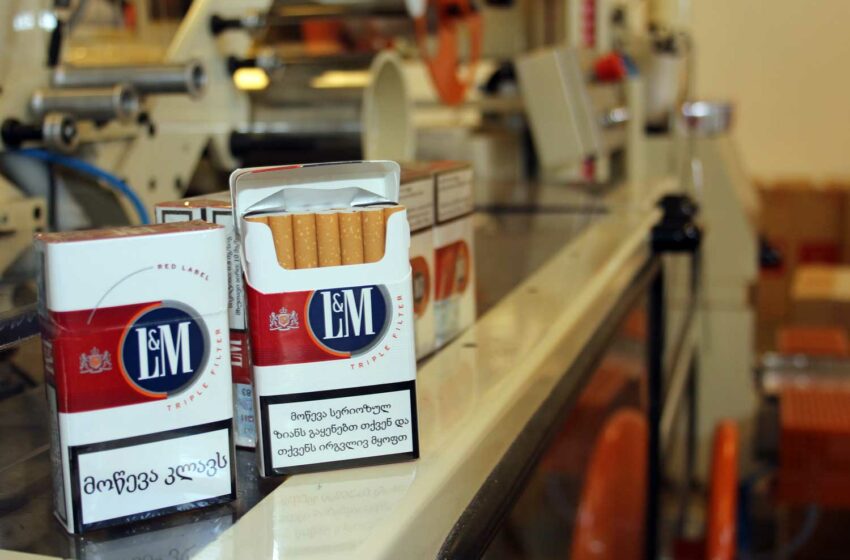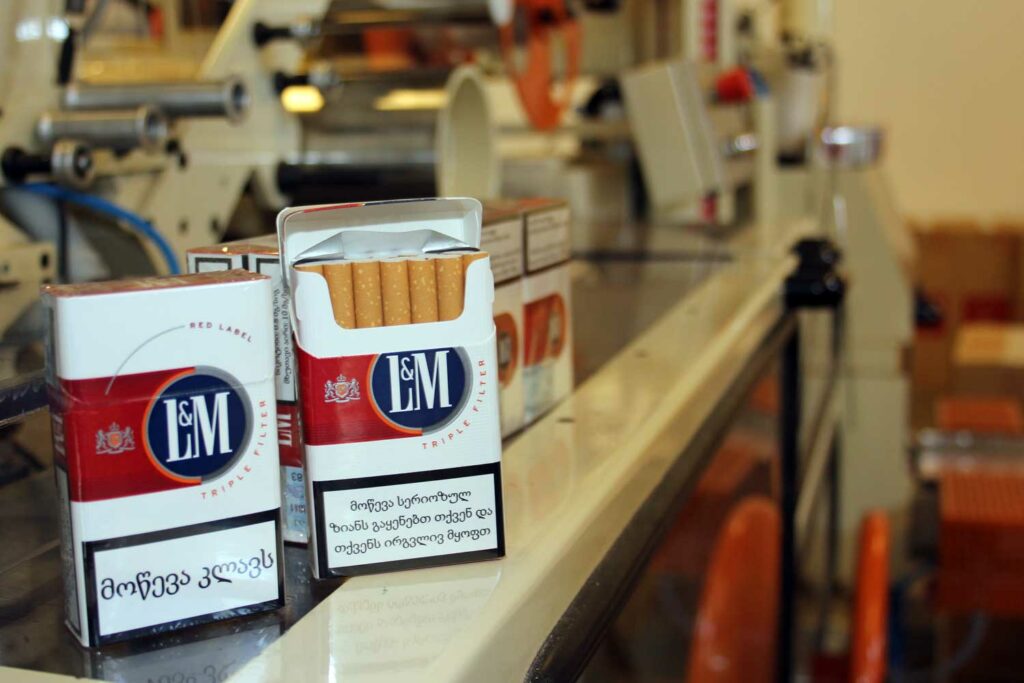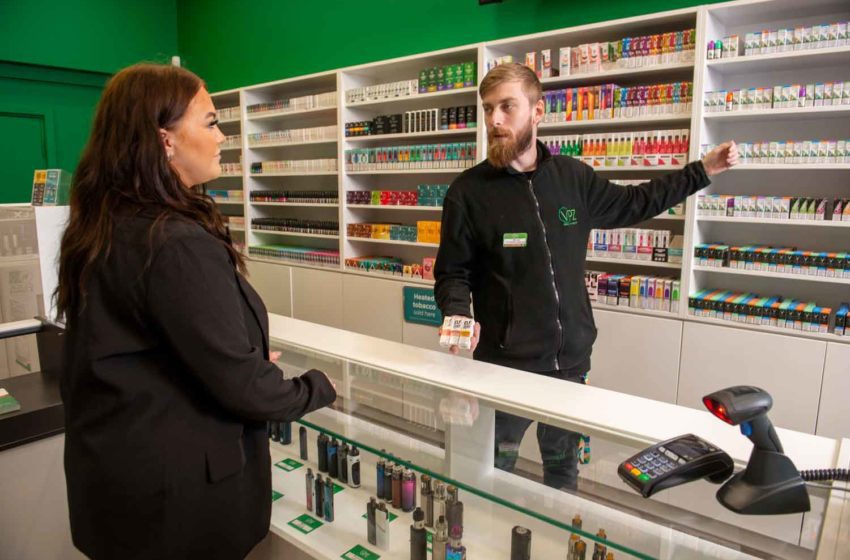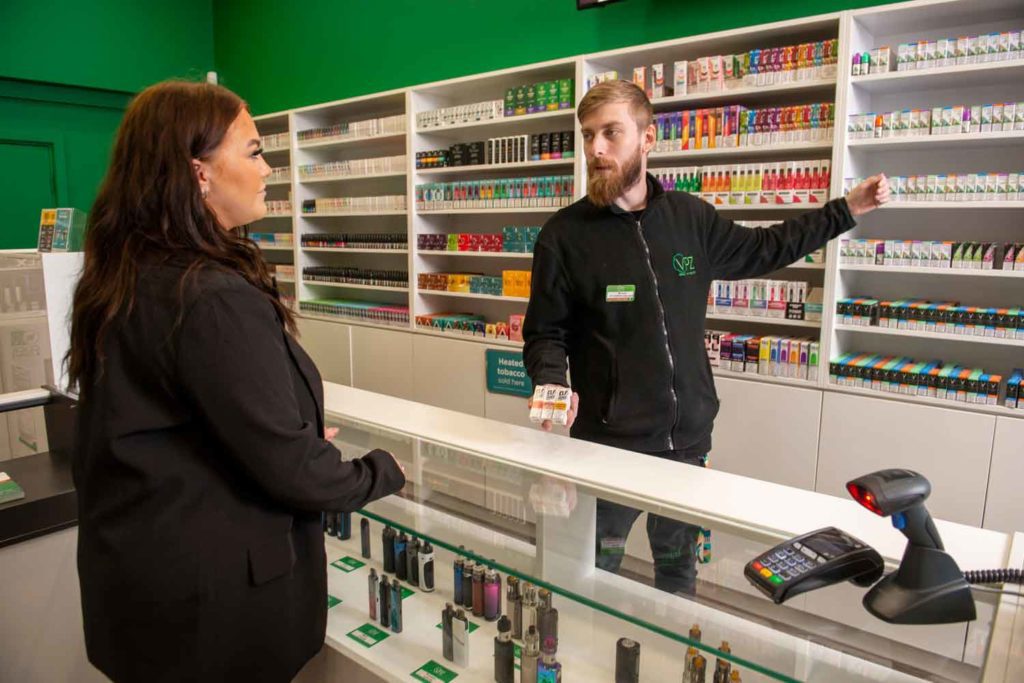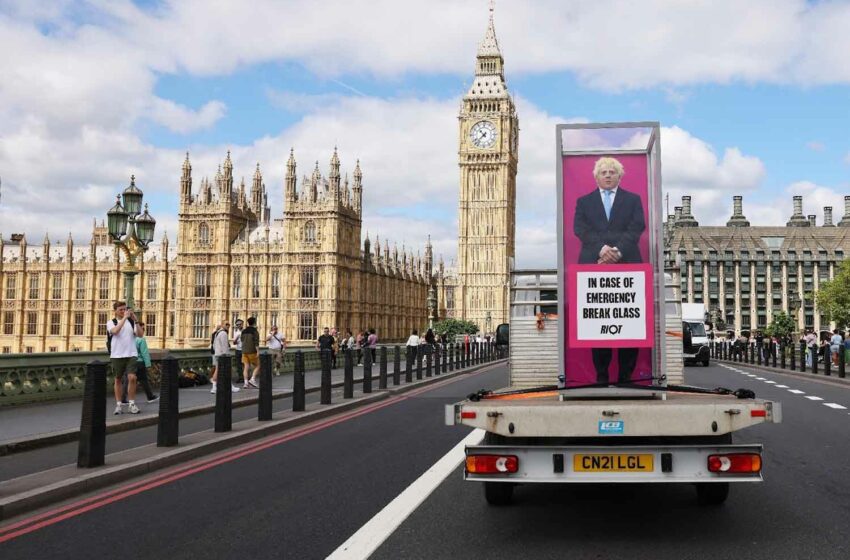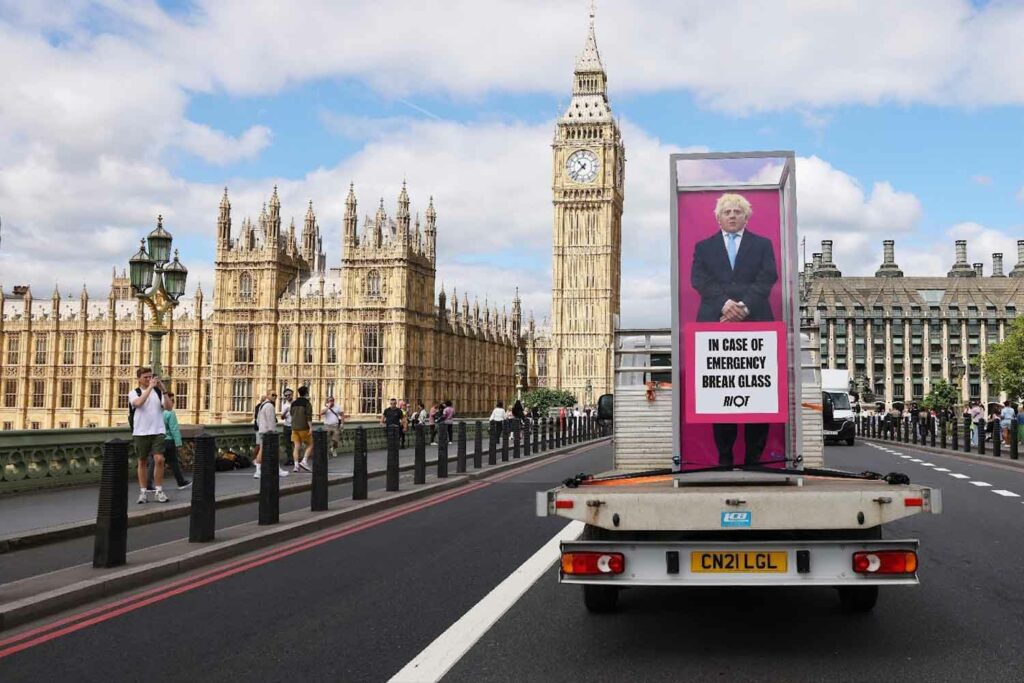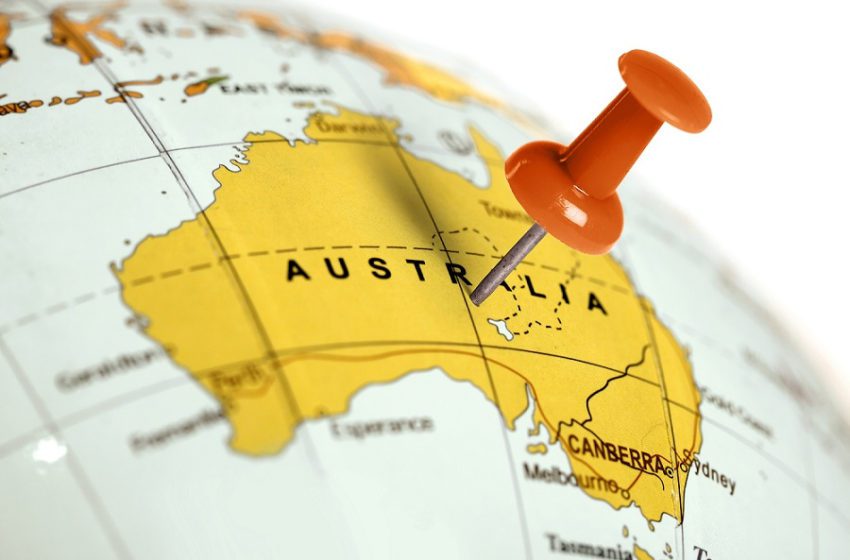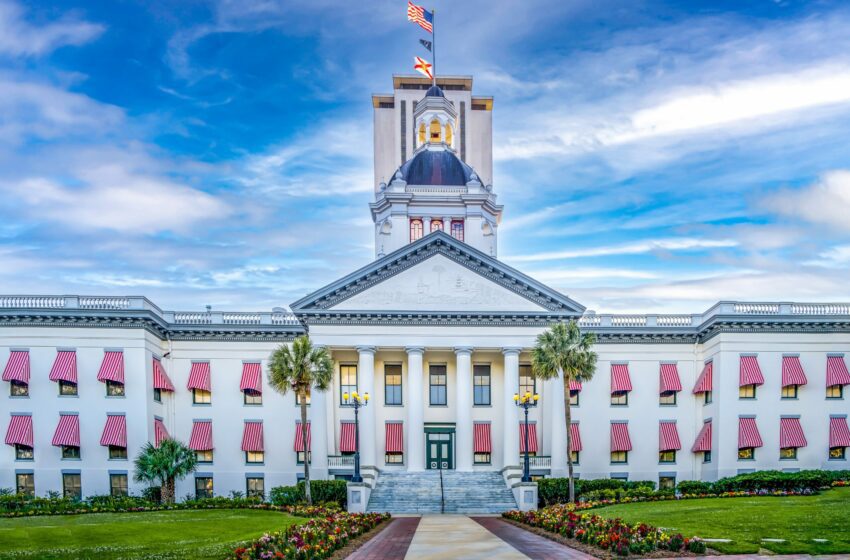
Indonesia has tightened controls on tobacco sales and distribution, according to The Jakarta Post.
The new rules prohibit sales of cigarettes and electronic cigarettes to people under 21 and pregnant women. They also ban cigarette and e-cigarette sales within 200 meters of an educational institution as well as on digital platforms that do not have an age verification system. Retailers are also barred from selling individual cigarettes, and all machine-rolled cigarettes must be sold in packs of 20 cigarettes.
Observers have previously noted that selling individual cigarettes tends to attract younger consumers, largely because they are sold without packages carrying warning labels and cost less up front.
With more than one-third of Indonesian adults (35.4 percent) smoking, Indonesia ranks among the world’s largest cigarette markets, according to the World Health Organization. And bucking the global trend, where tobacco use among individuals aged 15 years and above is projected to drop to 18.1 percent in 2023, tobacco prevalence in Indonesia is expected to increase to 38.7 percent in 2030.






